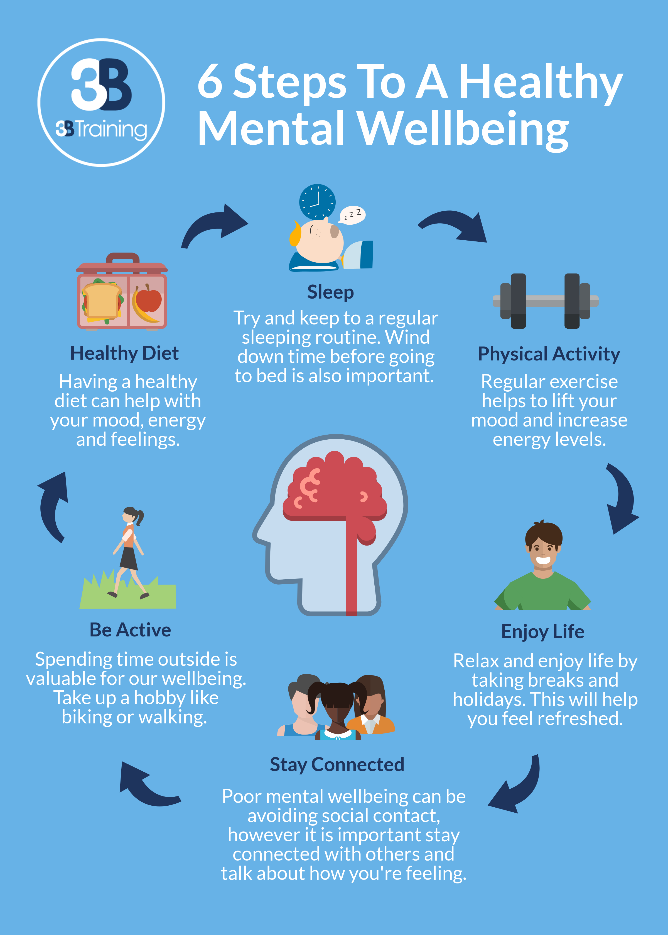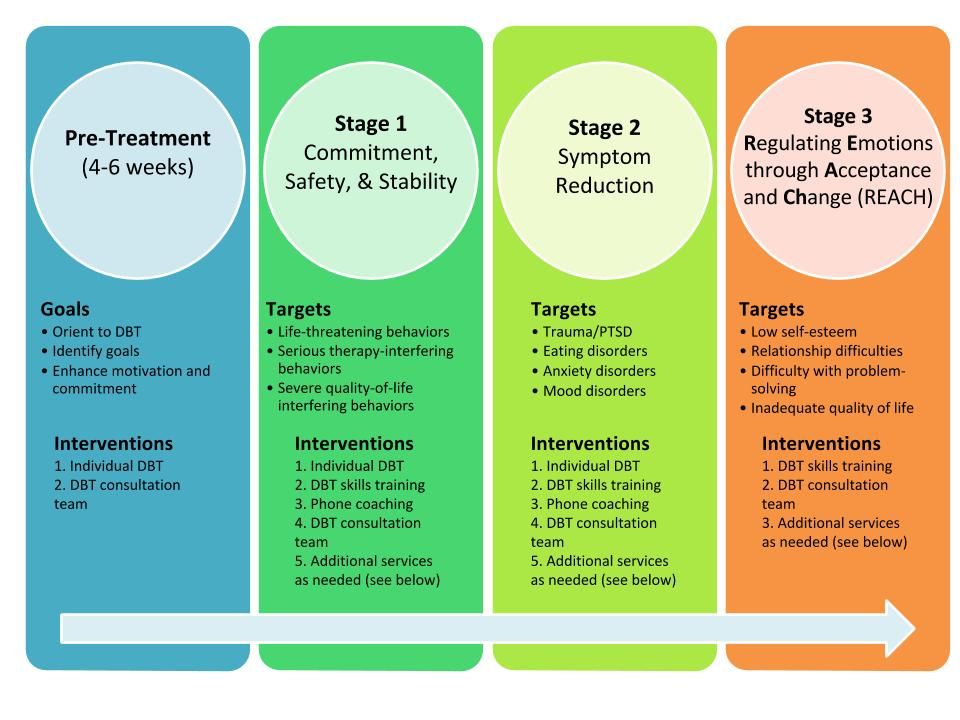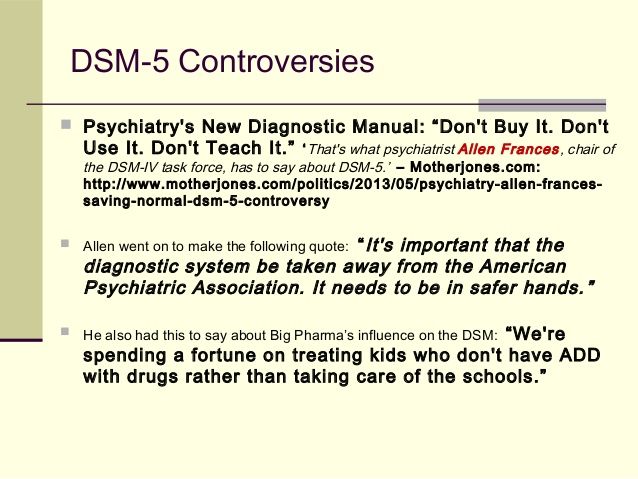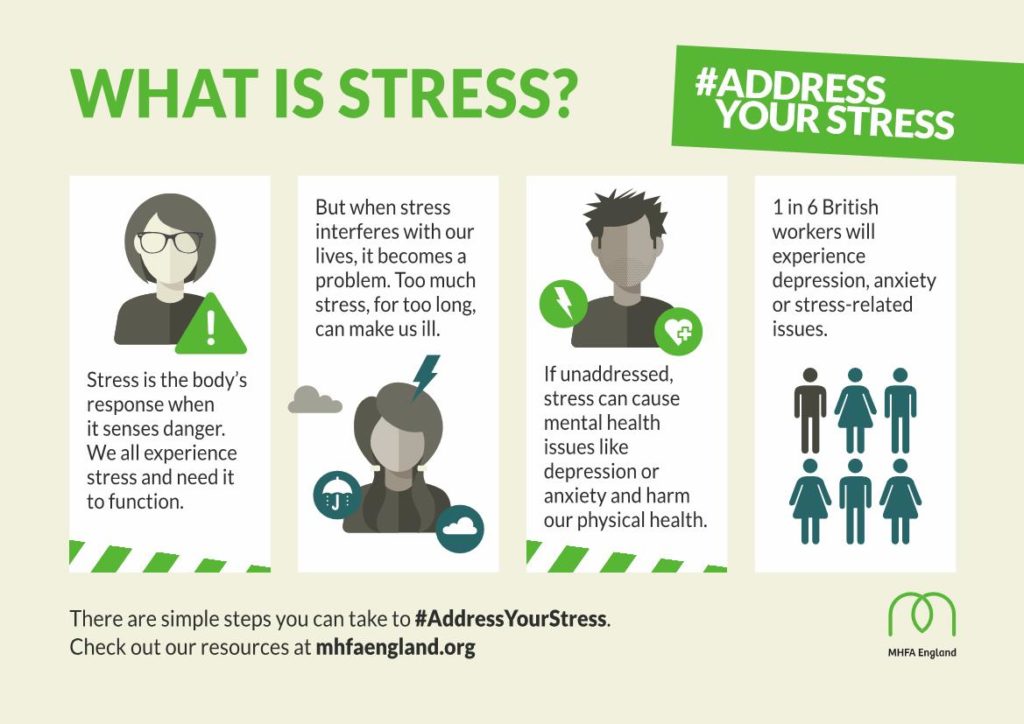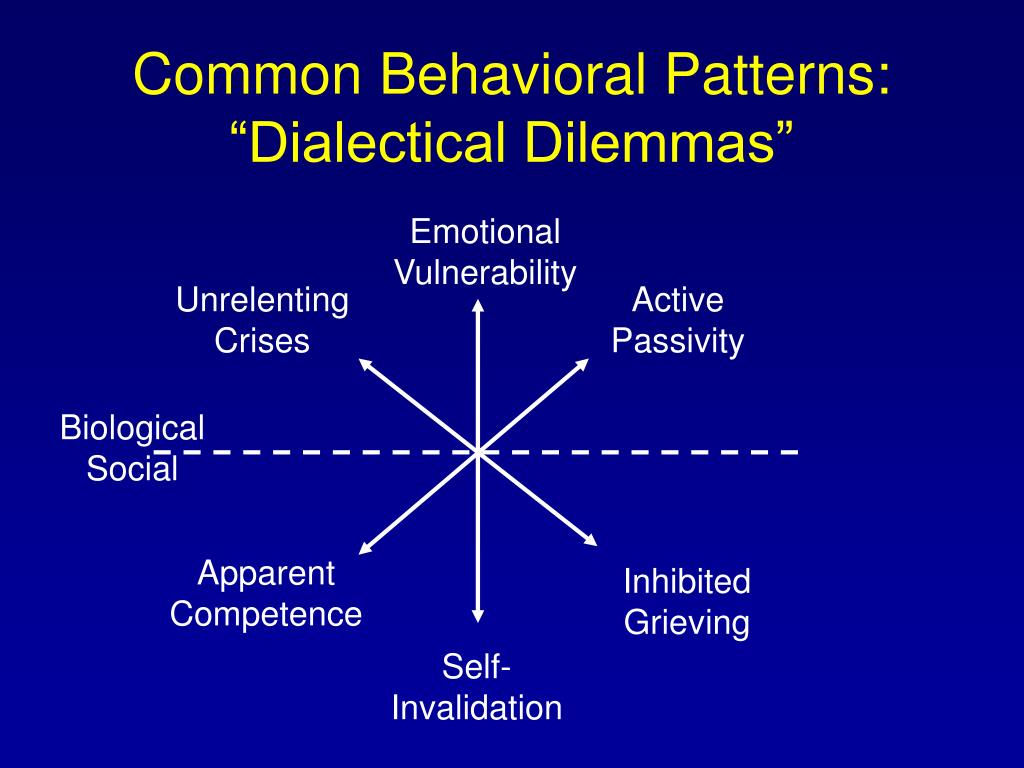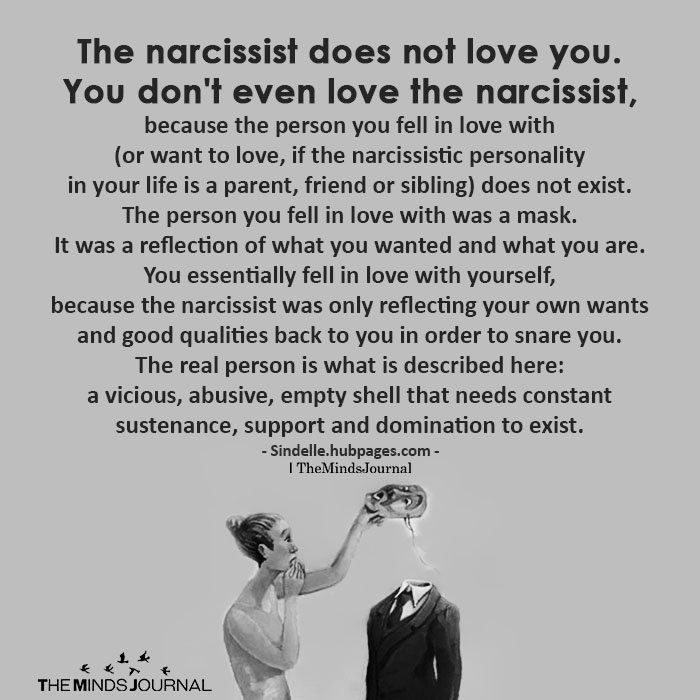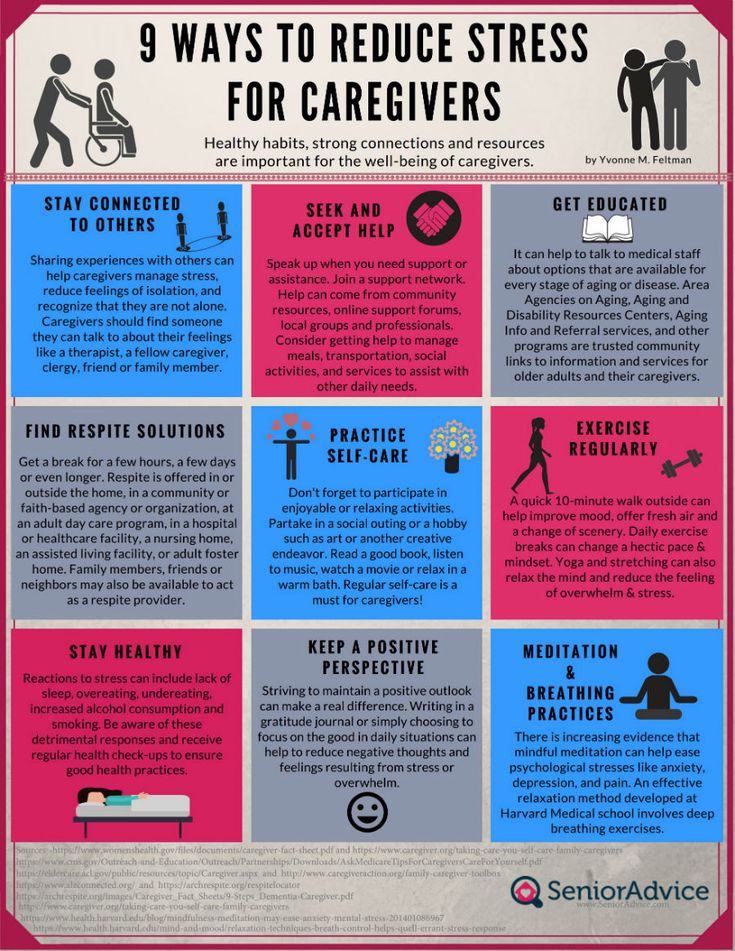Writing mental health
Writing can improve mental health – here's how
Ernest Hemingway famously said that writers should “write hard and clear about what hurts”. Although Hemingway may not have known it at the time, research has now shown that writing about “what hurts” can help improve our mental health.
There are more than 200 studies that show the positive effect of writing on mental health. But while the psychological benefits are consistent for many people, researchers don’t completely agree on why or how writing helps.
One theory suggests that bottling up emotions can lead to psychological distress. It stands to reason, then, that writing might increase mental health because it offers a safe, confidential and free way to disclose emotions that were previously bottled up.
However, recent studies have begun to show how an increase in self-awareness, rather than simply disclosing emotions, could be the key to these improvements in mental health.
In essence, self-awareness is being able to turn your attention inward towards the self. By turning our attention inward, we can become more aware of our traits, behaviour, feelings, beliefs, values and motivations.
Research suggests that becoming more self-aware can be beneficial in a variety of ways. It can increase our confidence and encourage us to be more accepting of others. It can lead to higher job satisfaction and push us to become more effective leaders. It can also help us to exercise more self-control and make better decisions aligned with our long-term goals.
Self-awareness is a spectrum and, with practice, we can all improve. Writing might be particularly helpful in increasing self-awareness because it can be practised daily. Rereading our writing can also give us a deeper insight into our thoughts, feelings, behaviour and beliefs.
Here are three types of writing which can improve your self-awareness and, in turn, your mental health:
Expressive writing
Expressive writing is often used in therapeutic settings where people are asked to write about their thoughts and feelings related to a stressful life event. This type of writing aims to help emotionally process something difficult.
This type of writing aims to help emotionally process something difficult.
Research shows that expressive writing can enhance self-awareness, ultimately decreasing depressive symptoms, anxious thoughts and perceived stress.
Reflective writing
Reflective writing is regularly used in professional settings, often as a way to help nurses, doctors, teachers, psychologists and social workers become more effective at their jobs. Reflective writing aims to give people a way to assess their beliefs and actions explicitly for learning and development.
Reflective writing asks the person to be open and curious. WAYHOME studio/ ShutterstockWriting reflectively requires a person to ask themselves questions and continuously be open, curious and analytical. It can increase self-awareness by helping people learn from their experiences and interactions. This can improve professional and personal relationships as well as work performance, which are key indicators of good mental health.
Creative writing
Poems, short stories, novellas and novels are all considered forms of creative writing. Usually, creative writing employs the imagination as well as, or instead of, memory, and uses literary devices like imagery and metaphor to convey meaning.
Writing creatively offers a unique way to explore thoughts, feelings, ideas and beliefs. For instance, you could write a science fiction novel that represents your concerns about climate change or a children’s story that speaks to your beliefs about friendship. You could even write a poem from the perspective of an owl as a way to represent your insomnia.
Writing creatively about challenging experiences, like grief, can also offer a way to communicate to others something which you feel is too complicated or difficult to say directly.
Creative writing encourages people to choose their words, metaphors and images in a way that really captures what they’re trying to convey. This creative decision-making can lead to increased self-awareness and self-esteem as well as improved mental health.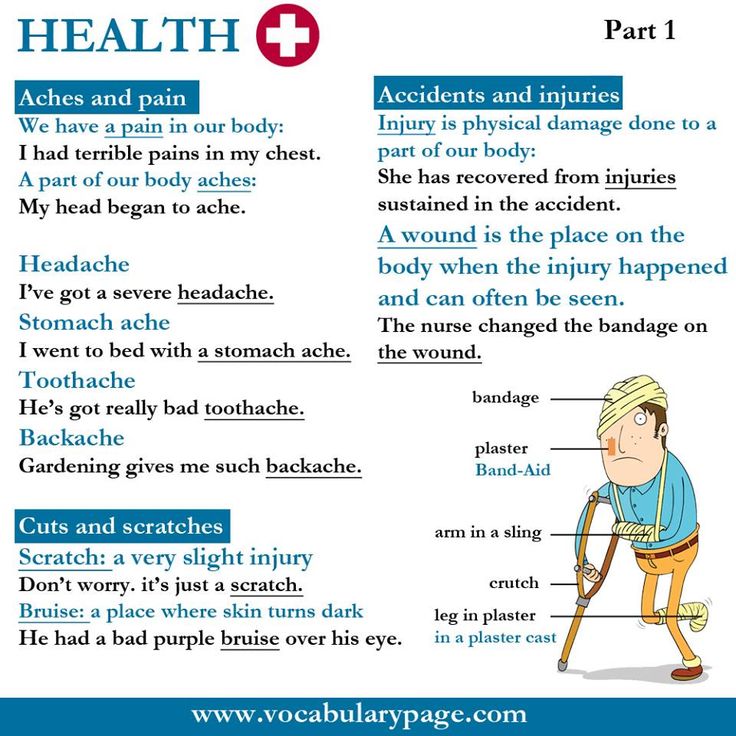
Writing for self-awareness
Self-awareness is a key component for good mental health and writing is a great place to start.
Why not take some time to write down your feelings about a particularly stressful event that has happened during the pandemic? Or reflect on a difficult work situation from the last year and consider what you have learned from it?
If you prefer to do something more creative, then try responding to this prompt by writing a poem or story:
Think about the ways your home reveals the moment we are currently in. Is your pantry packed with flour? Do you have new objects or pets in your home to stave off loneliness or boredom? What you can see from your window that reveals something about this historic moment?
Each of these writing prompts will give you a chance to reflect on this past year, ask yourself important questions, and make creative choices. Spending just 15 minutes doing this may give you an opportunity to become more self-aware – which could lead to improvements in your mental health.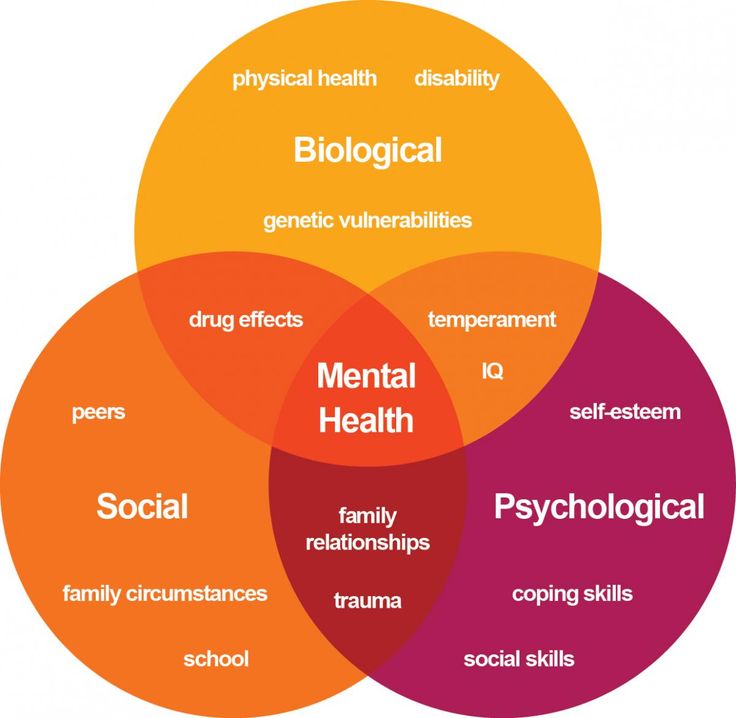
Writing as Therapy
Mental Health and Wellbeing
The next wave of writing therapy is a throwback to expressive journaling that attempts to make sense of past stress.
Katie Hurley, LCSW
A few years ago, a study came out claiming that reading books could make you live longer. Other studies confirmed the benefits of a good book: reading could reduce cognitive decline, encourage empathy, decrease stress, stave off dementia, boost happiness, and reduce some of the symptoms of depression.
For decades mountains of research have shown the benefits of writing too: It helps you work through your thoughts and emotions, regulates your feelings, and teaches you to express what you’re going through.
In a classic experiment, James Pennebaker, PhD., University of Texas, assigned healthy undergraduates to one of four groups. All were asked to write for 15 minutes for four consecutive nights.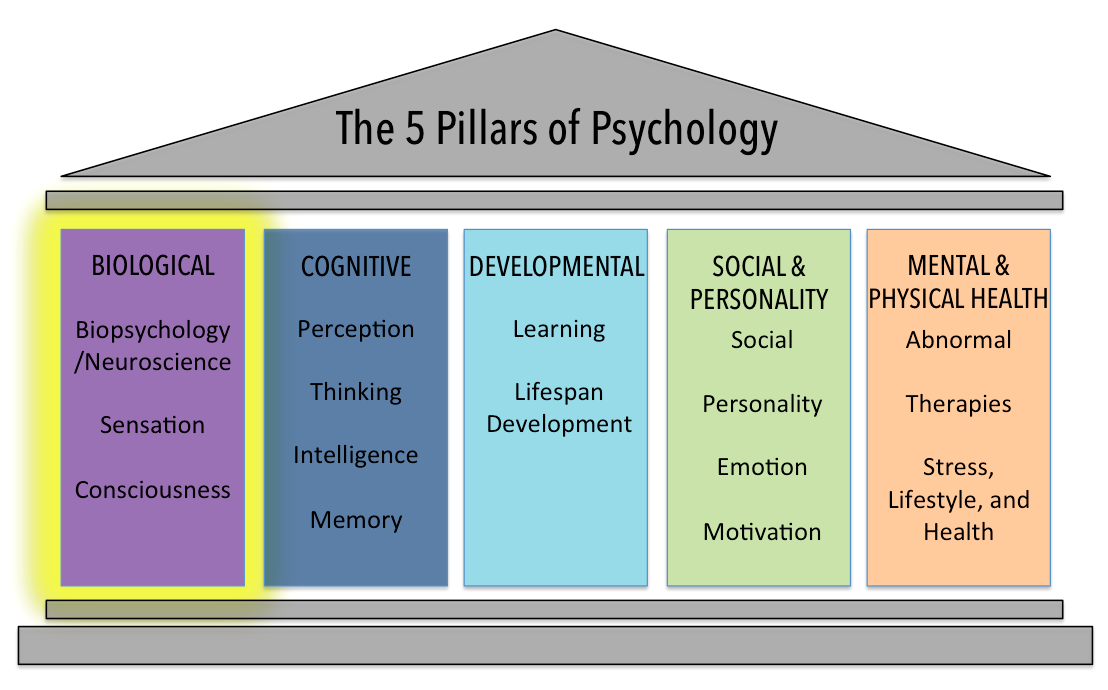 Three of the groups were asked to write about some traumatic event in their lives; the fourth group wrote about some other trivial topic. All four groups were then tracked for the next six months and researchers found that the three groups who wrote about traumatic events had fewer visits to the health center.
Three of the groups were asked to write about some traumatic event in their lives; the fourth group wrote about some other trivial topic. All four groups were then tracked for the next six months and researchers found that the three groups who wrote about traumatic events had fewer visits to the health center.
Since that seminal work by Pennebaker and his colleagues, many more studies replicated similar findings showing a connection between expressing emotions and enjoying good health. Pennebaker has also written several books, Opening Up: The Healing Power of Expressing Emotions, Writing to Heal: A Guided Journal for Recovering From Trauma and Emotional Upheaval, and Opening up By Writing Down: How Expressive Writing Improves Health and Eases Emotional Pain.
His work is often the basis for writing therapy workshops and interventions. They typically start with the same fundamentals of his early experiments and go something like this:
For the next 3 days, I would like for you to write about your very deepest thoughts and feelings about the most traumatic experience of your entire life.
In your writing, I’d like you to really let go and explore your very deepest emotions and thoughts. You might tie this trauma to your childhood, your relationships with others, including parents, lovers, friends or relatives. You may also link this event to your past, your present or your future, or to who you have been, who you would like to be, or who you are now. You may write about the same general issues or experiences on all days of writing or about different topics each day. Not everyone has had a single trauma but all of us have had major conflicts or stressors—and you can write about these as well. All of your writing will be completely confidential” (Pennebaker & Chung, 2011, p. 419).
In the past couple of years we’ve heard a lot about gratitude journaling, but this more focused, expressive writing might be the next wave of writing therapy. Whether you use journal prompts created by a therapist or written in a book designed to help people work through emotions (like Pennebaker’s) or simply put pen to paper and write freeform based on the instructions from Pennebaker’s original research, writing can provide a healthy outlet to work through ups and downs.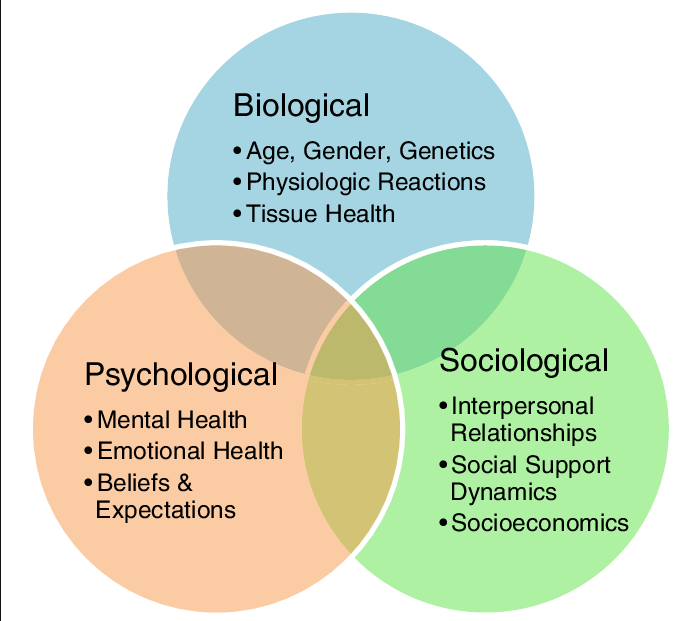
The one caveat: If you’re suffering from moderate to severe depression or PTSD writing can open raw emotions without proper closure. And therapeutic writing isn’t recommended immediately following a traumatic event since you might not yet be prepared to face the flood of emotions writing can stir.
In addition to the mental benefits, writing can even improve physical wellbeing. Research by Dr. Pennebaker and Joshua Smyth PhD., Syracuse University, suggests that writing about emotions and stress can boost immune functioning in patients with HIV/AIDS, asthma, and arthritis. There has even been research showing the biopsy wounds heal more quickly in patients who journal.
While scientists can’t say exactly how therapeutic writing benefits work, the consensus is that the writing shouldn’t just be a replaying of the events but should make attempts to understand and contextualize them. Susan Lutgendorg, PhD., of the University of Iowa did an extensive journaling study where she found that the writer needs to “find meaning in a traumatic memory as well as to feel the related emotions to reap the benefits. ”
”
Pennebaker agrees with the assessment saying people who write words that indicate growth or change from the experience like “because,” “realize”, “understand” tend to have better outcomes.
[Click to Learn More About The Healing Power of Poetry]
Try these five steps to get started:
Carve out time. You don't have to do it every day, but aim for 15 minutes three to four days a week.
Experiment with your method: There's nothing magic about writing by hand, you could try typing or doing voice memos. The point is to be thoughtful about the experience.
Find the right place:Where you write can affect how you feel about it and whether or not it "works." The most important thing is having a quiet place.
Don't edit yourself: Part of the exercise is to access your feelings and you can't do that if you're constantly redirecting yourself.
Reread...just not right away: It's a good idea to go back and see what you've written, but don't get carried away with it.
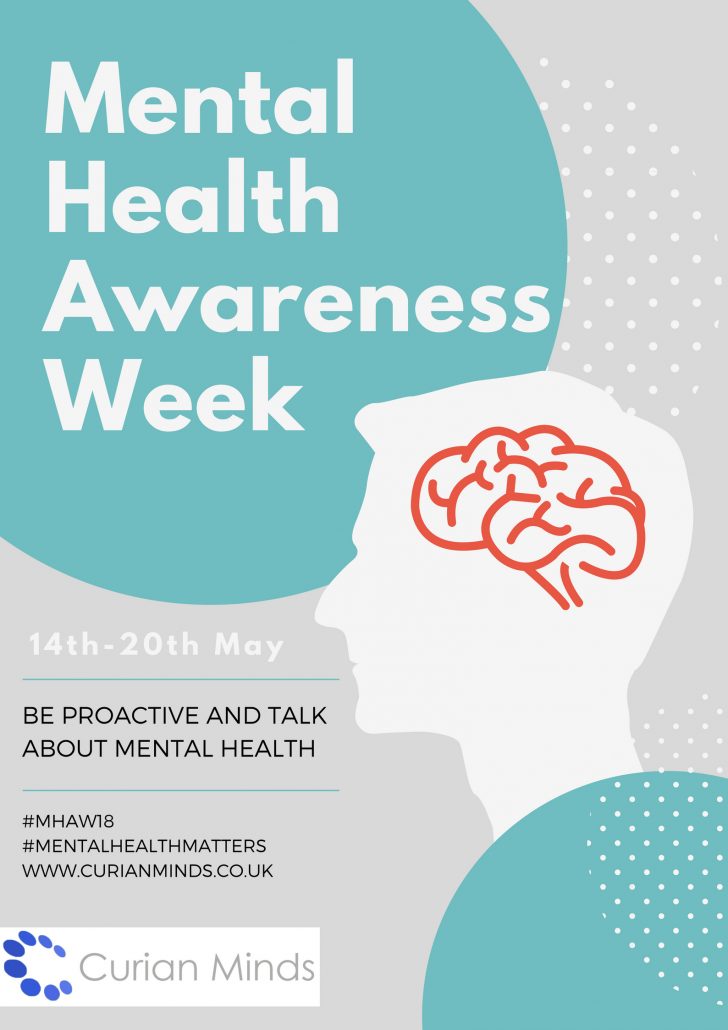 If you read your previous entries before you start, it might influence what you end up writing.
If you read your previous entries before you start, it might influence what you end up writing.
- Reading and longevity: Social Science and Medicine (2016). “A Chapter A Day: Association With Book Reading and Longevity.”
- Writing and physical improvements: Syracuse University Surface (2006). “A Systematic Review of the Methodology of Expressive Writing Intervention Studies: Examining Location.”
- Smyth, J., & Pennebaker, J. (1999). Sharing one’s story: Translating emotional experiences into words as a coping tool. In C.R. Snyder (Ed.), Coping: The psychology of what works (pp.70-89). New York: Oxford University Press.
Notes: This article was originally published January 6, 2020 and most recently updated November 18, 2020.
Strengthening mental health measures
Strengthening mental health interventions- Healthcare issues »
- A
- B
- B
- G
- D
- E
- and
- 9000 O
- P
- R
- S
- T
- U
- F
- x
- C
- hours
- Sh
- K
- s
- I
- Popular Topics
- Air pollution
- Coronavirus disease (COVID-19)
- Hepatitis
- Data and statistics »
- Newsletter
- The facts are clear
- Publications
- Find the country »
- A
- B
- B
- D
- E
- 9000
- O
- P
- C
- T
- U
- Ф
- x
- Sh
- Sh.
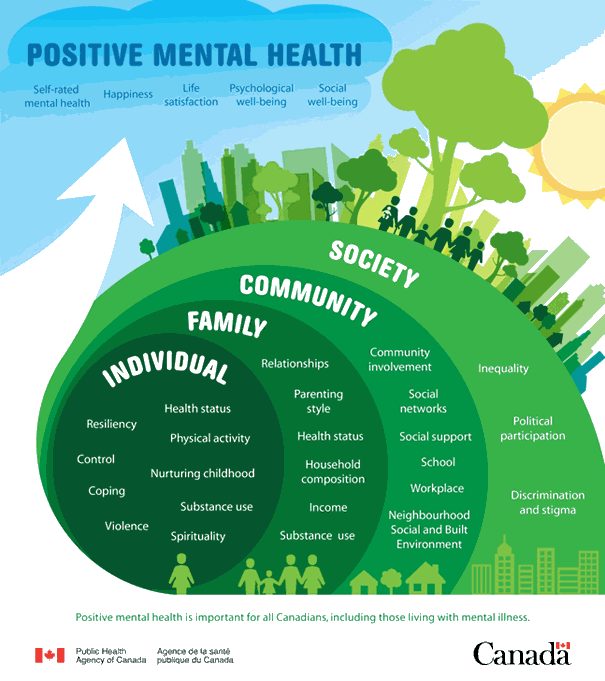
- 9000 nine0004 Yu
- I
- WHO in countries »
- Reporting
- Regions »
- Africa
- America
- Southeast Asia
- Europe
- Eastern Mediterranean
- Western Pacific
- Media Center
- Press releases
- Statements
- Media messages
- Comments nine0005
- Reporting
- Online Q&A
- Developments
- Photo reports
- Questions and answers
- Update
- Emergencies "
- News "
- Disease Outbreak News
- WHO Data »
- Dashboards »
- COVID-19 Monitoring Dashboard
- Highlights "
- About WHO »
- General director
- About WHO
- WHO activities
- Where does WHO work?
- Governing Bodies »
- World Health Assembly
- Executive committee
- Main page/
- Media Center / nine0004 Newsletters/
- Read more/
- Strengthening mental health measures
Key Facts
- There are affordable, effective and feasible strategies to promote, protect and restore mental health.
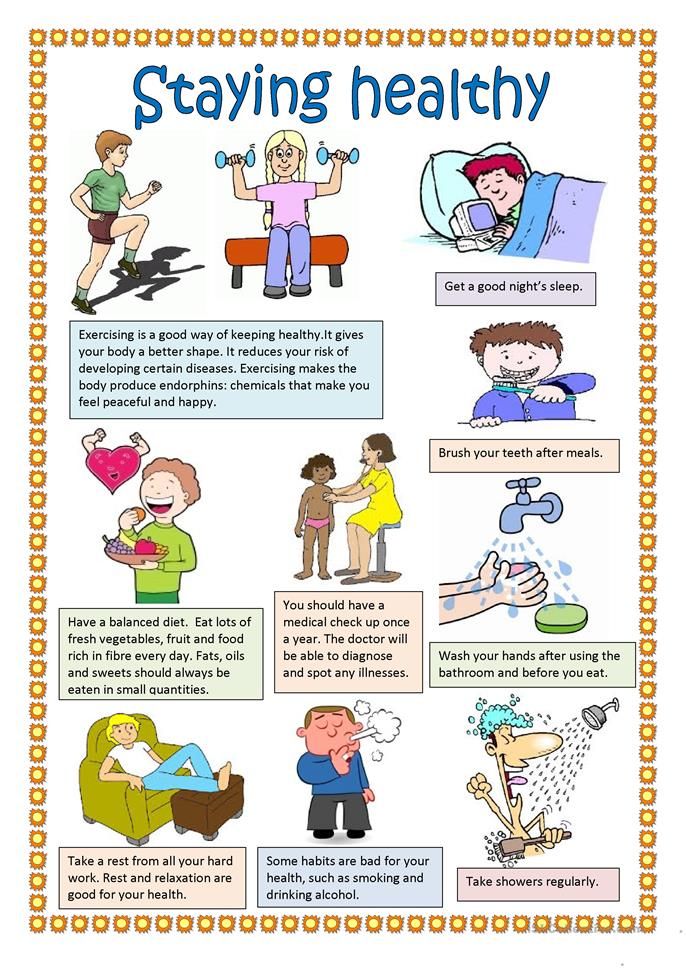
- The need for mental health action is clear and urgent.
- Mental health is essential both in and of itself and as an integral part of a person's overall health and well-being. nine0005
- Mental health results from the influence and interaction of a complex of individual, social and structural stressors and vulnerabilities.
The concept of mental health
Mental health is a state of mental well-being that enables people to cope with stressful situations in life, realize their potential, study and work successfully, and contribute to society. It is an essential component of health and well-being that underpins our individual and collective abilities to make decisions, build relationships, and shape the world we live in. Mental health is one of the basic human rights. In addition, it is crucial for personal, social and socio-economic development. nine0300
Mental health is not limited to the absence of mental disorders. It represents a continuous continuum, individual for each person, within which a person faces a complex of factors of varying degrees of complexity and experiences different levels of stress, which leads to very different potential social and clinical consequences for each individual.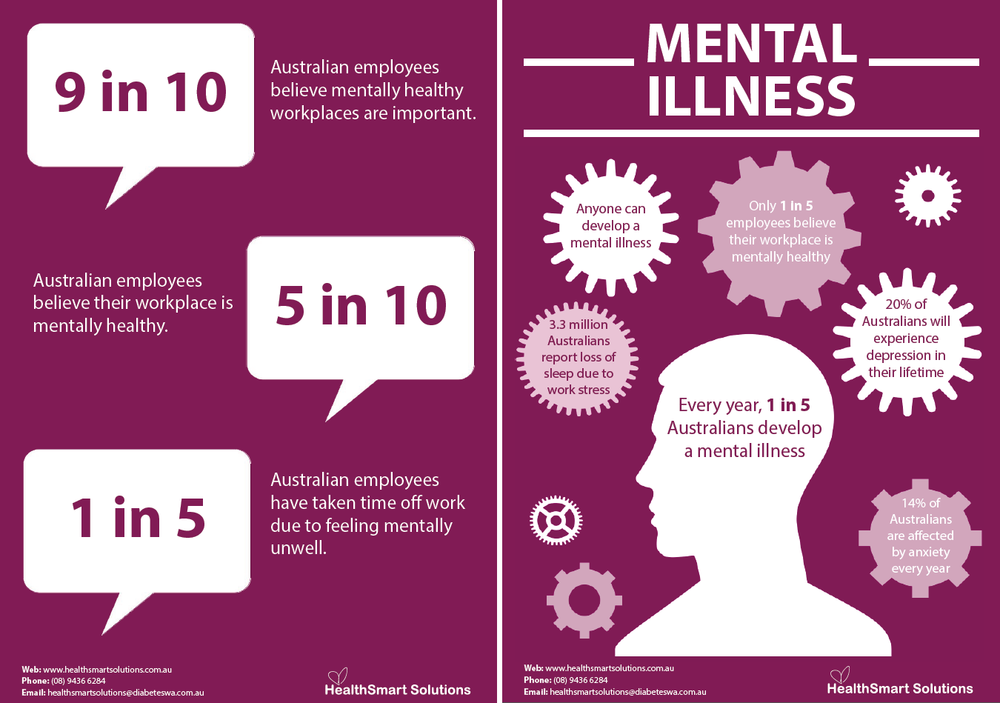
Mental health disorders is a collective term that includes mental disorders, various types of psychosocial disabilities, and other mental health conditions associated with significant distress, functional impairment or risk of self-harm. As a general rule, people with mental health problems are more likely to experience lower levels of mental well-being, although exceptions are possible. nine0300
Determinants of mental health
Throughout our lives, multiple individual, social and structural determinants can collectively protect or undermine our mental health and change our position on the mental health continuum.
Various individual psychological and biological factors such as emotional skills, substance use and genetic characteristics can make a person more susceptible to mental health problems. nine0300
Exposure to adverse social, economic, geopolitical and environmental circumstances, including poverty, violence, inequality and disadvantaged social conditions, also increases the risk of mental disorders.
Risk factors can appear at all stages of life, but those that arise during the most important periods for human development, especially in early childhood, have a particularly strong negative impact. For example, harsh parenting and physical punishment are known to undermine children's mental health, and school bullying is a major risk factor for developing mental health problems. nine0300
Similarly, protective factors also occur throughout a person's life and contribute to mental resilience. These factors include our individual social and emotional skills and attributes, as well as positive social experiences, quality education, decent jobs, living in a safe neighborhood, community cohesion, and more.
The impact of risk and protective factors can vary in magnitude. Thus, local threats increase the risk to individuals, families and communities. Global threats such as economic recession, disease outbreaks, humanitarian emergencies, forced population displacements, and the worsening climate crisis are raising the level of risk for entire populations.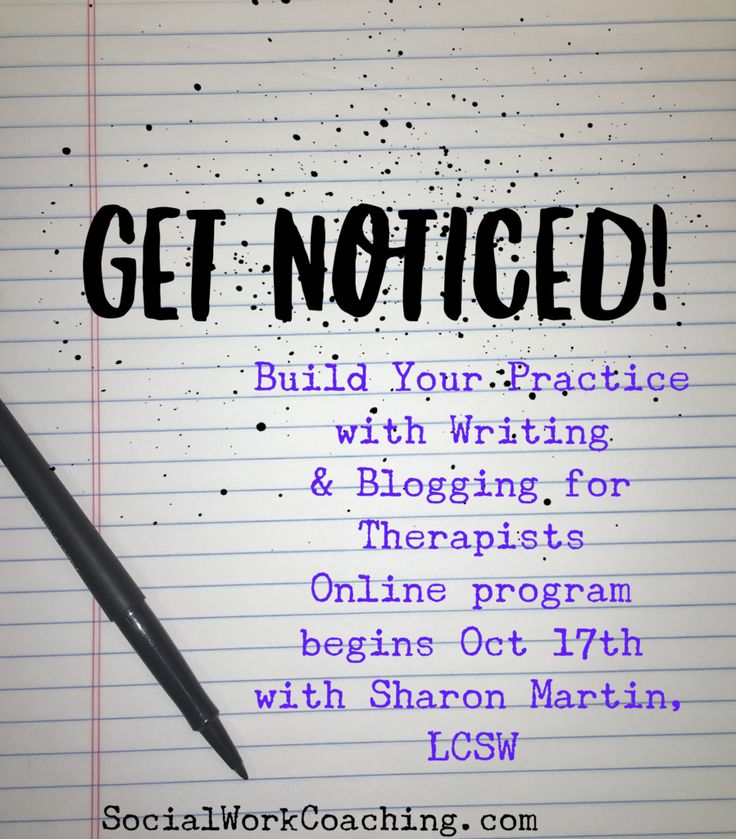 nine0300
nine0300
The impact of each individual risk or protective factor is difficult to predict. In most people, exposure to any risk factor does not lead to the development of a psychiatric disorder, while many people can develop psychiatric disorders even in the absence of known risk factors. However, the complex of different interacting determinants of mental health can both enhance and undermine mental health.
Mental health promotion and prevention of mental disorders
Interventions to promote mental health and prevent mental disorders are based on identifying the individual, social and structural determinants of mental health and implementing interventions to reduce risks, increase mental resilience and create an enabling environment for mental health. Interventions may be directed at individuals, specific populations or entire populations.
Reshaping the determinants of mental health often requires action that goes beyond the health sector, so mental health promotion and prevention programs need to reach into the education, labour, justice, transport, environment, housing and social welfare sectors.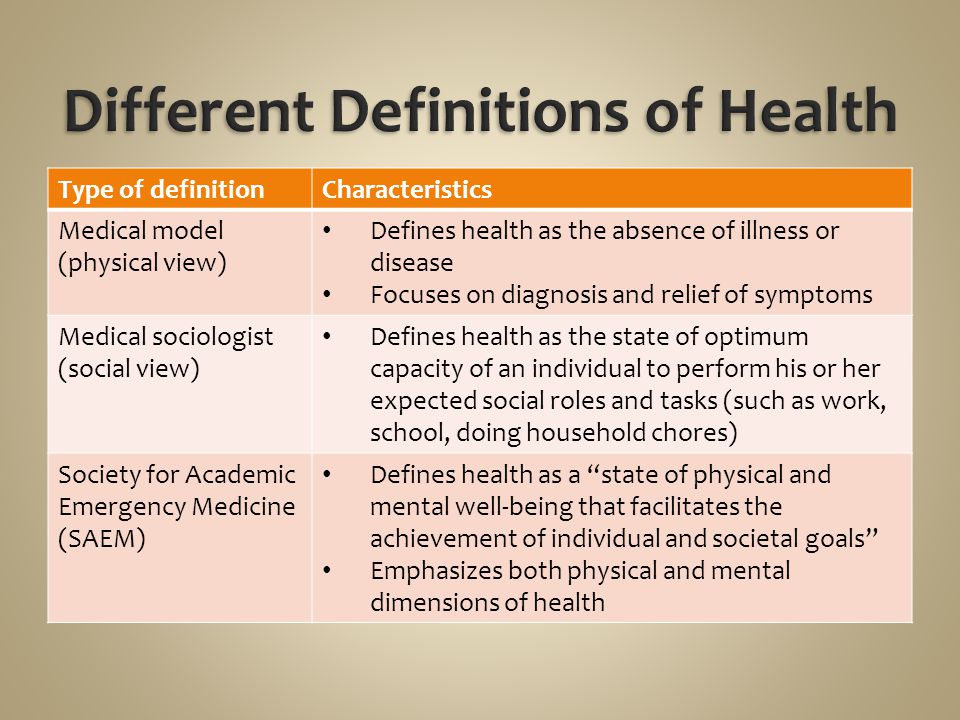 The health sector can make a significant contribution to this by integrating mental health promotion and prevention into health care services, and by promoting, initiating and, where appropriate, supporting intersectoral collaboration and coordination. nine0300
The health sector can make a significant contribution to this by integrating mental health promotion and prevention into health care services, and by promoting, initiating and, where appropriate, supporting intersectoral collaboration and coordination. nine0300
Suicide prevention is one of the global priorities included in the Sustainable Development Goals. Greater strides in suicide prevention can be made by limiting access to the means of committing suicide, responsible media coverage of such cases, teaching adolescents social and emotional skills, and taking early action. A particularly inexpensive and cost-effective intervention to reduce suicide rates is the ban on highly hazardous pesticides. nine0300
Promoting the mental health of children and adolescents is another priority that can be achieved through policies and legislation that promote and protect mental health and aim to support parents and caregivers in caring for their children in a caring and respectful way. implementation of appropriate school-based programs and creation of favorable and safe conditions for children at the level of local communities and in the online space.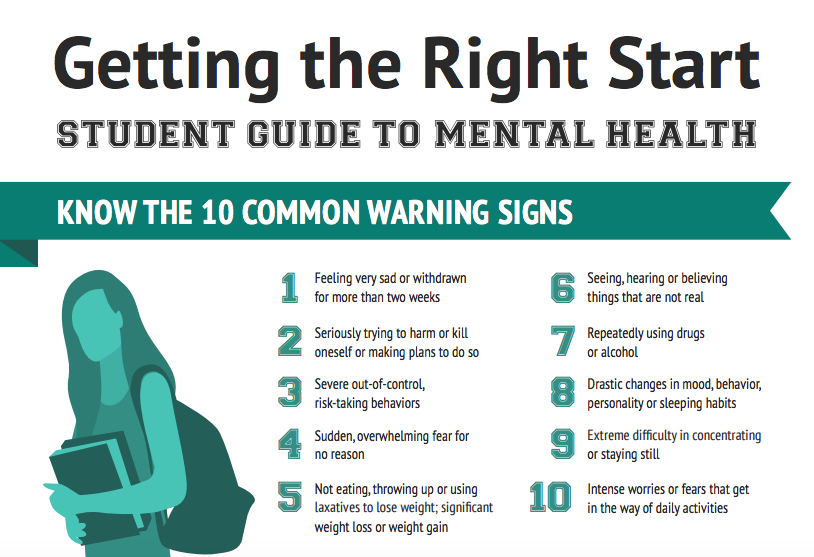 School-based social and emotional learning programs are among the most effective mental health promotion strategies in countries of all income levels. nine0300
School-based social and emotional learning programs are among the most effective mental health promotion strategies in countries of all income levels. nine0300
There is growing interest in the promotion and protection of mental health in the workplace; relevant measures can also be taken in this area in the areas of legislation and regulation, organizational strategies, training of managers and implementation of interventions at the worker level.
Mental health care and treatment
In the context of national efforts to promote mental health, it is essential not only to protect and promote the mental well-being of the entire population, but also to address the needs of people with mental disorders. nine0300
This should be addressed through community-based mental health care, as it is more accessible and acceptable to the population than inpatient care, helps prevent human rights violations, and improves outcomes for mental disorders. Community-based mental health care should be built into a set of related services:
- mental health services integrated into the general health care system, usually at the general hospital level and as part of a shared task with non-specialist primary care workers;
- community mental health services, which may include community mental health centers and teams, psychosocial rehabilitation services, support groups and visitor services;
- Services providing mental health services in social care and non-medical settings such as child protection services, school health services and prison facilities.
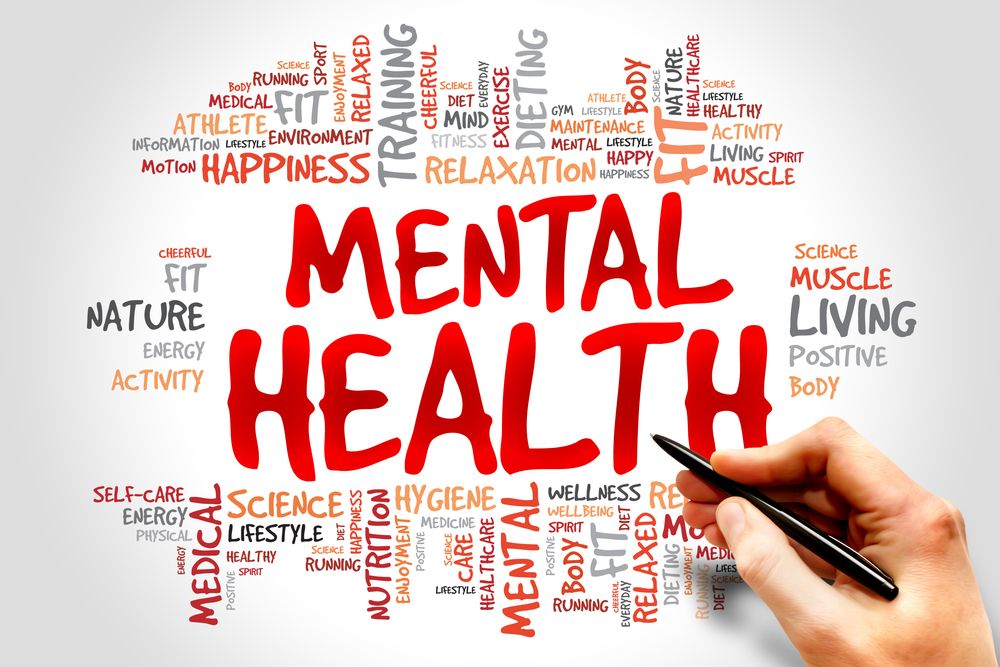
The huge gap in care for common mental health conditions such as depression and anxiety requires countries to look for innovative ways to diversify and scale up care for these conditions, such as through non-specialist counseling or self-help using digital platforms. nine0300
WHO activities
All WHO Member States have committed to the Comprehensive Mental Health Action Plan 2013–2030, which aims to improve the mental health of the population by strengthening effective leadership and management, providing a comprehensive, integrated and community-based flexible care, the implementation of strategies for mental health promotion and prevention of mental disorders, and the development of information systems, evidence and research. According to the analysis of country performance in implementing the action plan presented in the 2020 Mental Health Atlas published by WHO in 2020, progress towards the goals of the agreed action plan remains insufficient.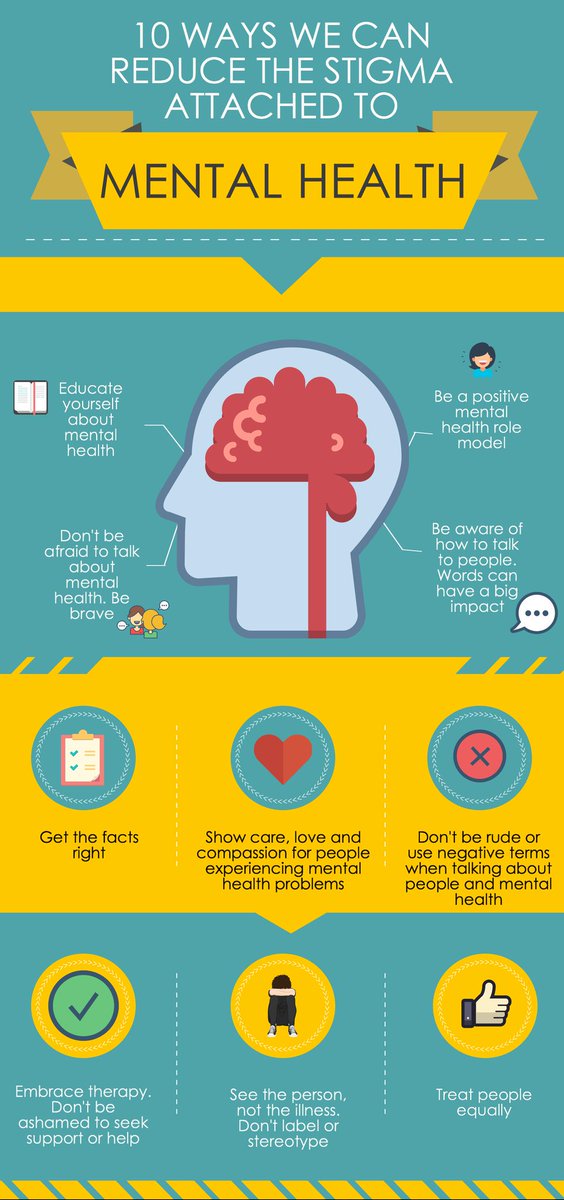 nine0300
nine0300
The World Mental Health Report, published by WHO, calls on all countries to accelerate the implementation of the action plan. The report argues that all countries can make significant progress in improving the mental health of the population by taking action in three main areas of transformation:
- increasing the value of mental health in the minds of individuals, society at large and government; in line with the realization of this value, ensuring the necessary commitment, interaction and investment from all stakeholders and in all sectors; nine0005
- transforming the physical, social and economic environments – at home, in schools, in the workplace and in the wider community – to better protect mental health and prevent mental disorders;
- Strengthening the mental health system so that the full range of mental health needs are met through a network of accessible, affordable and quality community-based services and supports. nine0005
WHO focuses on protecting and fulfilling human rights, empowering people to share their personal experiences, and ensuring a multisectoral and multistakeholder approach.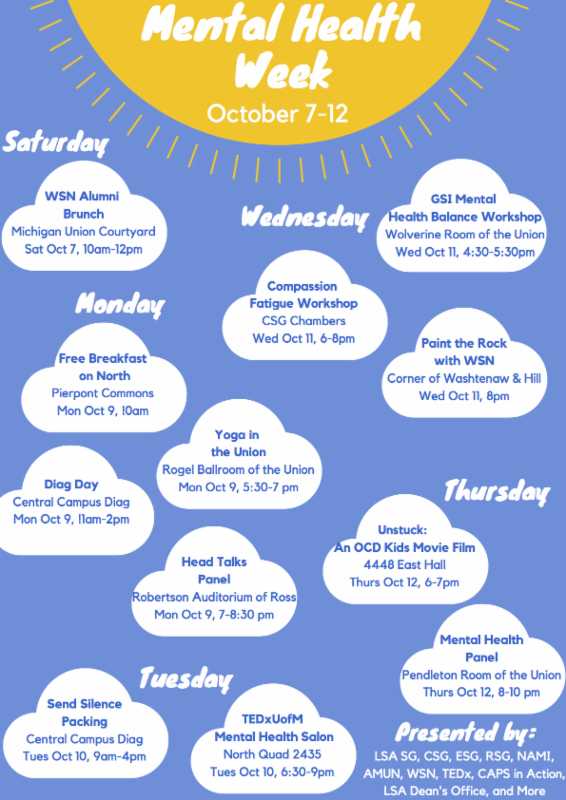
WHO continues to work at the national and international levels, including in humanitarian emergencies, to provide policy advice, evidence, tools and technical support to governments and partners to strengthen collective mental health responses and change aimed at improving the mental health of all people around the world. nine0300
Mental health and a positive attitude to life - St. Petersburg State Budgetary Institution of Healthcare Dermatovenerologic Dispensary No. 11
Prevention activities in St. Petersburg State Budgetary Institution of Healthcare No. 11
Mental health (mental health) - according to the definition of the World Health Organization, this is a state of well-being in which a person can realize their own potential, cope with the normal stresses of life, work productively and fruitfully, and contribute to their community. nine0300
In this positive sense, mental health is the foundation of well-being and effective functioning for the individual and for the community.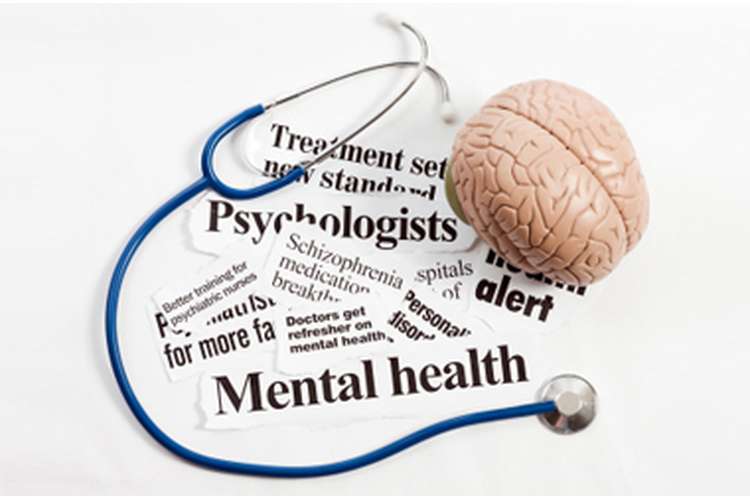
The World Health Organization identifies the following criteria for mental health:
- awareness and feeling of continuity, constancy and identity of one's physical and mental "I".
- a sense of constancy and identity of experiences in situations of the same type.
- criticality to oneself and one's own mental production (activity) and its results. nine0005
- compliance of mental reactions (adequacy) with the strength and frequency of environmental influences, social circumstances and situations.
- the ability to self-manage behavior in accordance with social norms, rules, laws.
- the ability to plan one's own life and implement these plans.
- the ability to change the way of behavior depending on the change in life situations and circumstances.
Normal mental health is the harmonious development of the psyche, corresponding to the age, age norm of a given person. A favorable functional state is considered as a complex of characteristics and functions that ensure the effective fulfillment by a person of the tasks facing him in various spheres of life. One of the leading indicators of the functional state of the psyche is mental performance, which integrates the main characteristics of the psyche - perception, attention, memory, etc.
One of the leading indicators of the functional state of the psyche is mental performance, which integrates the main characteristics of the psyche - perception, attention, memory, etc.
High mental performance is one of the main indicators of mental health and an important indicator of a favorable functional state of the body as a whole.
Highlighting the psychological problems that people face in the workplace and informing them how to cope with them helps to increase resilience to stress and improve a person's mental health.
We invite you to get acquainted with the recommendations of doctors on how to be happy at work. nine0300
- Wake up earlier than – at least one hour before leaving home for work, enjoy some time for yourself before the busy day starts. Give yourself time to quietly eat breakfast, go for a run, or do whatever will help you start your day on a positive note. Nothing will help you improve your mood as much as the thought that you have done something pleasant for yourself.
- Dress well. When you leave the house in a good mood and ready to work, then you are on your way to a successful day. Good appearance will give you pleasure. Even if you are very tired from work, take a look in the mirror, pull yourself together and energize yourself by starting the day right. nine0005
3. Leave your personal problems at home . It's hard to be happy at work if you're having fights, health concerns, or household chores, so it's important to learn to put your problems aside and try to work through them in your free time. Do not solve your personal problems during the working day. If you try to solve your problems and try to work at the same time, you will have a double stress, as you will worry about how to find time to do both. nine0300
4. Get to work early . Rushing and being late will minimize your chances of having a good day at work. If you come to work late, you will always be running out of time. Therefore, we recommend leaving the house early.
- Greet your colleagues when you come to work. As soon as you walk through the door, greet as many colleagues as possible before the start of the work day. So you will feel a surge of energy. You may be nervous, rushed, or just annoyed, but isolating yourself from your co-workers won't make your job enjoyable. Instead, be friendly, even if your mood is not at all like that. nine0005
6. Organize your workplace to your taste . The employer provides the minimum working conditions necessary for the employee, and your task is to provide yourself with maximum comfort and convenience. When organizing your workplace, everything matters: color scheme, ergonomics, details, and even the chair on which you have to sit for several hours a day. And here it makes sense to compete for your convenience. Surround yourself with pleasant little things: bright details, personal items, a photo of a loved one, unless, of course, this is excluded by the company's rules.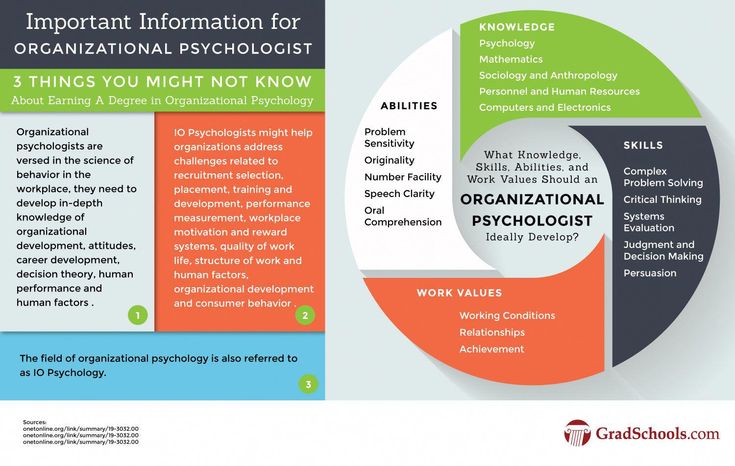 A piece of home comfort gives a person a sense of security and psychological comfort. nine0300
A piece of home comfort gives a person a sense of security and psychological comfort. nine0300
7. Complete simple tasks as quickly as possible . If possible, immediately complete the tasks that are required of you. Remember that any completed business brings a sense of completion, and, as a result, job satisfaction.
8. Be proud of your work . Whatever work you do, be proud of the contribution you make. Even if you think most of your work is monotonous, find something to be proud of.
9. Be physically active at work . Even if you constantly sit at your desk or stand in the same position, there are plenty of exercises that can help you increase your physical activity during your work day. It will energize you and make you feel better. You can walk to work instead of transport, take the stairs instead of the elevator, go to an employee's office to ask a question instead of making a phone call.
- Tidy up your workplace .
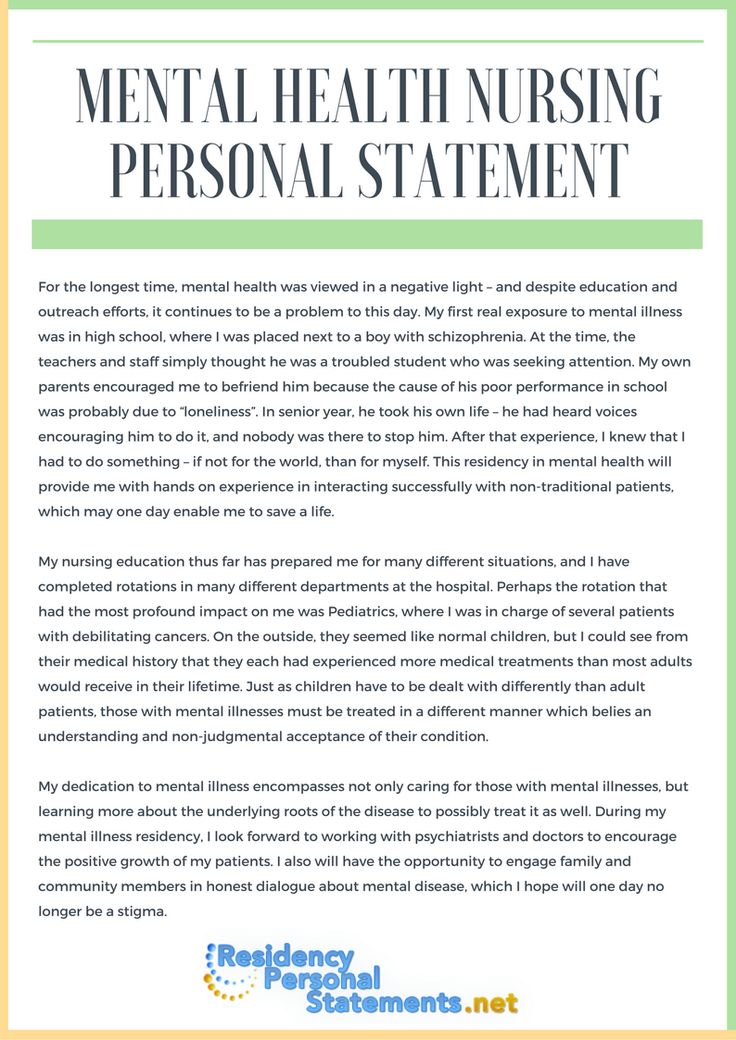 All things on your desktop should be neatly folded, so that you do not have to waste your time looking for this or that document. The desktop document box will help you distribute your tasks for today, for the week, until the end of the month. Set aside just 10 minutes a day to organize your workplace, and you will feel how much easier it will be for you to enjoy your work.
All things on your desktop should be neatly folded, so that you do not have to waste your time looking for this or that document. The desktop document box will help you distribute your tasks for today, for the week, until the end of the month. Set aside just 10 minutes a day to organize your workplace, and you will feel how much easier it will be for you to enjoy your work. - Take breaks . If you want to be happier in your workplace, you need to periodically take time off from work. Research shows that it's important to take small breaks every hour: step away from your computer or any other task you're doing at the moment, rest your eyes, stretch, take a walk. Going out for some fresh air from time to time will help you feel happier throughout your work day. nine0005
- Avoid multitasking . If you think that by doing several tasks at the same time, you will be able to finish your work faster, you are wrong. It will only slow you down. If you end your work day with all tasks left unfinished, you will have a greater sense of incompleteness than if you completed a few tasks.
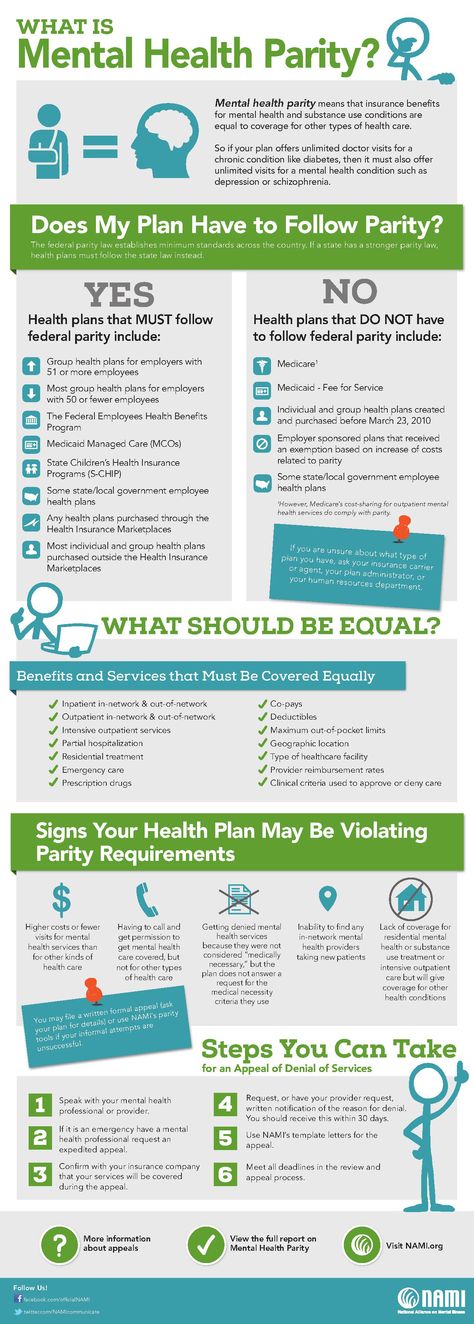 It helps to make a to-do list at the beginning of the working day and then cross off completed tasks from it.
It helps to make a to-do list at the beginning of the working day and then cross off completed tasks from it. - Stay away from gangs . It is especially important to avoid groups between employees: negativity will reduce your energy, block joy and positive thoughts. At work, be friendly with everyone, instead of joining a group of three or four people and alienating others. Try to maintain good relations with everyone, regardless of social status and position on the corporate ladder, and your joy from being at work will increase.
- Don't neglect your meal times . Use your lunch time to relax and eat, not work. This will give you energy for further activities. Treat yourself to light and healthy snacks throughout the day: fruits, nuts, unsweetened yogurt, etc. They will cheer you up and increase your productivity.
- Smile! Even if you feel irritated and unfulfilled in your workplace, try to smile! It has been proven to improve mood and make you feel happier.
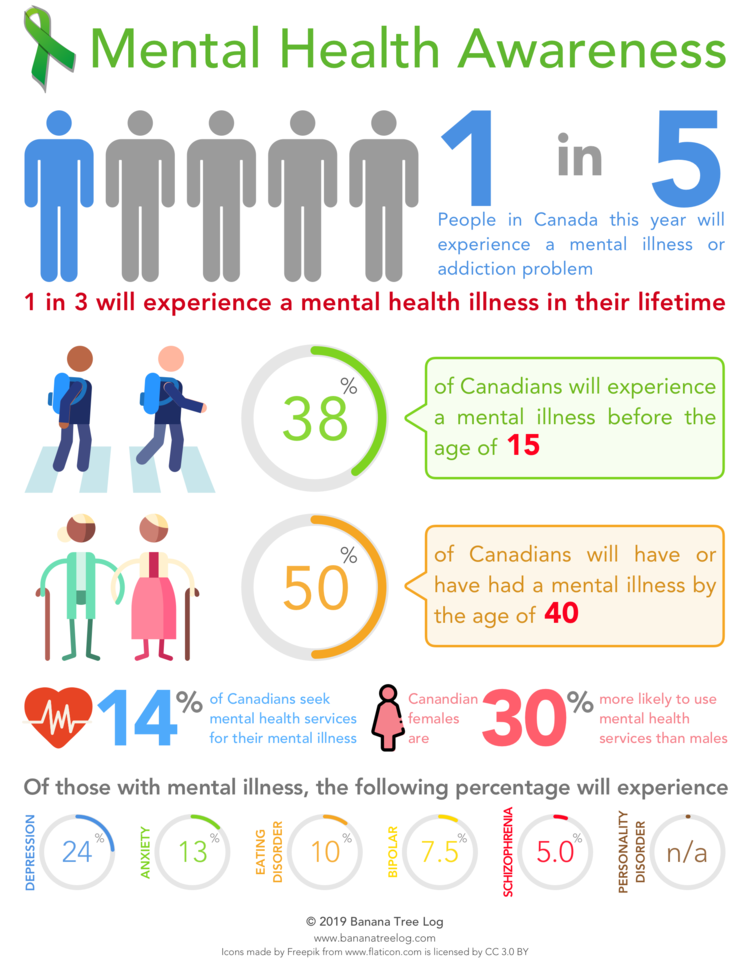 If you are unhappy with everything, constantly complaining or speaking negatively to your colleagues, you are guaranteed to feel even worse. nine0005
If you are unhappy with everything, constantly complaining or speaking negatively to your colleagues, you are guaranteed to feel even worse. nine0005 - Find meaning in your work. One important way to feel happier at work is to find meaning in it. If you find it difficult to find meaning, then your work will be filled with boredom and monotony, and this is tiring.
- Think about the people who need you . When you're upset at work, take a short break and think about the people you help or depend on you for. Consider what will happen if you don't show up for work. Someone may suffer from this or will not know what to do. Remind yourself of how valuable you are every time doubts about your work begin to creep into your soul. nine0005
- Reward yourself for a job well done . Not only your productivity is important, but also your mental health. If you want to be happy at work, give yourself small gifts for successful work days.
